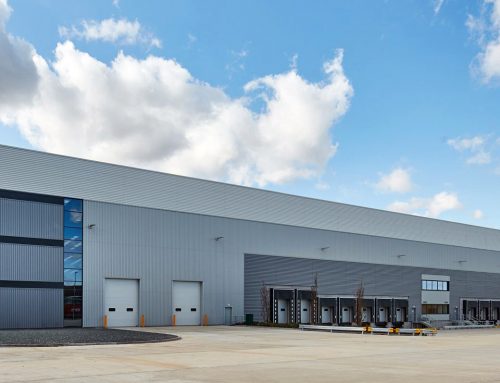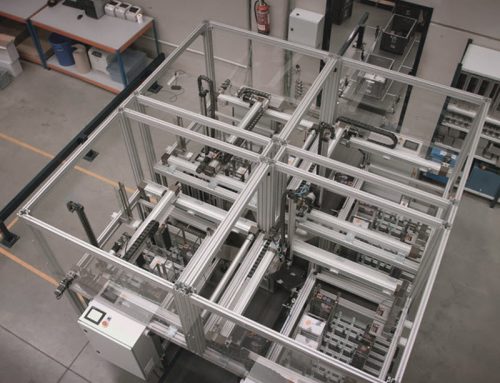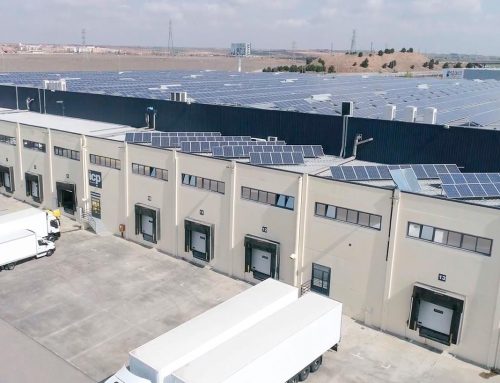The logistics sector faces a process of digital transformation where connectivity and immediacy are key to being competitive.
The world evolves rapidly, and adapting effectively to the needs of the markets is a challenge for companies and corporations. The fourth industrial revolution is already a reality and that is why companies, of various kinds and sectors, investigate how to solve the challenges that arise in day-to-day life, through new technologies.
Logistics has traditionally been related to old storage and distribution of merchandise systems. However, it is precisely the logistics sector that has invested the most in technology, a very high sector with great projection thanks to the new consumption habits. In it, there has been an important digital transformation that is still in constant development.
Logistics 4.0, what is it?
“Logistics 4.0” is a concept that arises in parallel to that of “Industry 4.0”, or also called the fourth industrial revolution, where new intelligent technologies begin to take a leading role. In this context, we are witnessing a new way of doing logistics, in which the way in which products reach customers has changed.
To talk about Logistics 4.0 is to talk about innovation, about the use of innovative tools with which new processes are optimized and developed. It’s also talking about smart supply chains, Big Data or Machine Learning. This 4.0 model has as its main feature the integration between systems and tools that complement each other, allowing rapid management of complex information chains.
But how do all these tools fit in the chain?
Data, data and more data.
In any logistic process, massive amounts of data are generated every second. This information is essential, but more important is to have powerful management systems to store, structure and interpret it.
The Big Data tools have been an important advance in organizing all this information and being able to use it effectively. On the other hand, the arrival of Business Intelligence facilitates new computer tools for accessing and analyzing information, which allow optimizing decision making and making the most of resources.
Thanks to these systems and applications for parameterization and information collection, logistics operators can, for example, develop demand forecast patterns and anticipate customer needs, know where and where a particular product has traveled or which It is the best route to reach your destination as soon as possible.
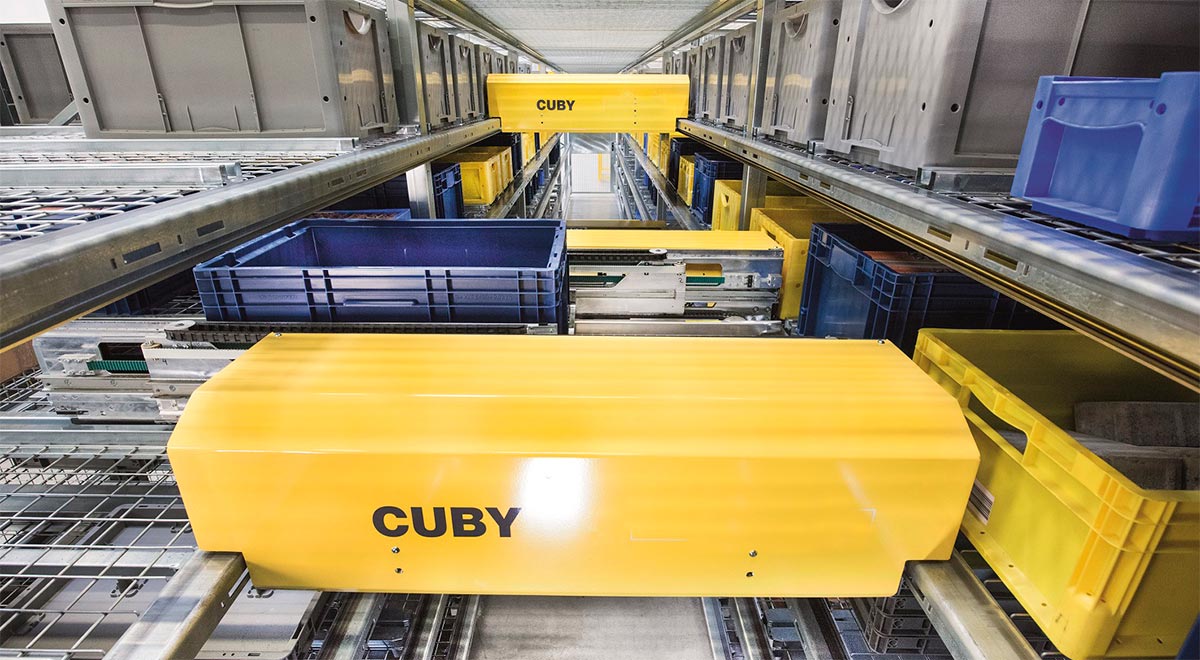
I have the data, now what?
Technologies such as Machine Learning or Artificial Intelligence help in this complex process of data interpretation. The potential of these new techniques based on continuous learning, allow discovering new improvement factors.
They serve for example to detect potential customers, predict new trends or decide on the location of a new warehouse according to the strategy.
But without a doubt, the most widespread technology today among logistics companies is the IoT (Internet of Things). The massive use of devices connected to each other has opened a world of possibilities in the sector. The implementation of IoT-enabled sensors allows trucks, ships and warehouses to be connected to the Internet and, for example, to inform about the geolocation or the environmental conditions (temperature, humidity and pressure) in which a product is located.
The information obtained through IoT, allows to obtain visibility of the operations and have a greater knowledge on how or where to make improvements. As a result, process management, merchandise tracking or error detection is much simpler. Companies like ICP , use intelligent sensors that send all the operational information to their systems, and help them in making decisions in real time.
And not only the data is involved in this transformation process. There are other systems that continue to boost logistics: RFID, which is mainly used for inventory control and that allows reducing management times, improving the traceability of the entire supply chain and obtaining information on the merchandise in real time; GPS systems for route optimization and shipment tracking; drones that analyze the stock, make inventories and even transport to hard-to-reach points or the Data Matrix codes that are used to achieve greater control of the state of the product at any point in the supply chain.
In many sectors, in fact, having or not having these innovations is decisive to achieve the competitive advantage that makes your business grow.
Logistics 4.0 for eCommerce
According to the data collected in the Digital Trends and Digital Social Networks report in 2019 , prepared by We Are Social and Hootsuite , in 2018 72% of the population bought something through the Internet during the month prior to the survey .
The click that confirms the online purchase triggers, at the logistic level, the beginning of a specific and very personalized process, which aims to provide a service in which an order is prepared that must be delivered to the final customer.
And this is where the technologies that are included in Logistics 4.0 play a decisive role. Thanks to the new tools, Logistics and eCommerce have a very powerful weapon to fulfill a common goal: customer satisfaction.
In this sense, creating a personalized shopping experience for each user directly influences their perception of the online store. But how can Logistics 4.0 be key in this process?
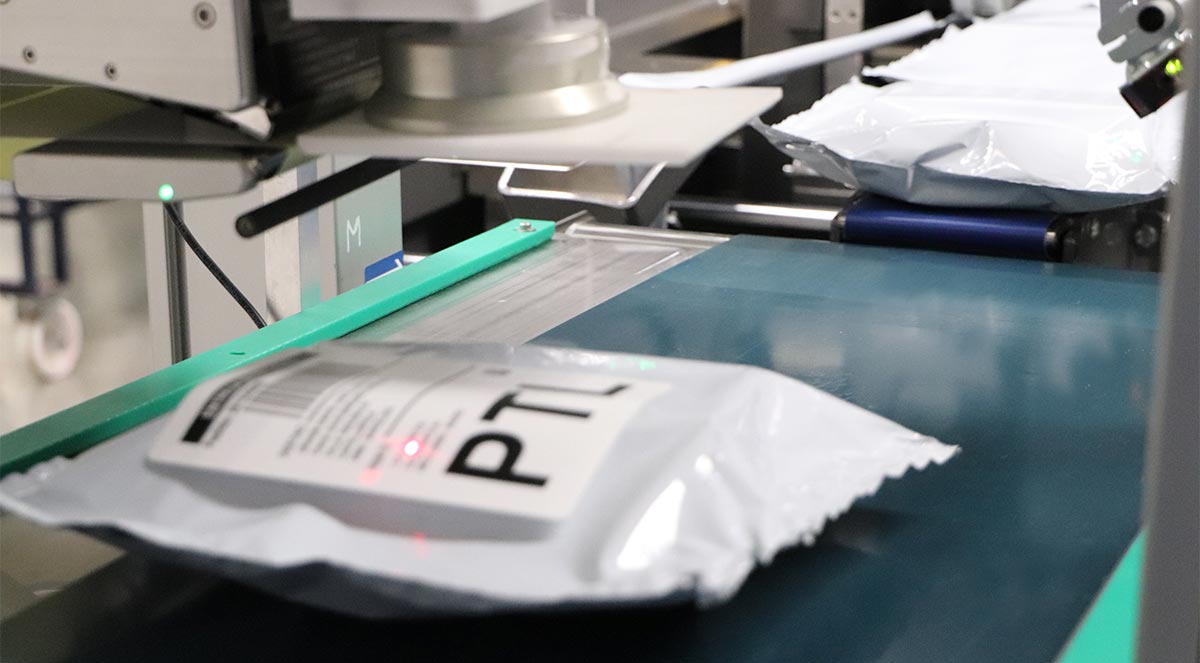
The answer is found in the new technologies applied to the supply chain. With the analysis of all the data that is handled, we get information as valuable as the demand forecast to avoid stock breakage or know which products are the most purchased by a certain customer profile. This facilitates the development of personalized promotions to retain users and ultimately make them regular customers.
As important as knowing the best-selling references, it is to know which references are not sold and are taking up warehouse space. Intelligent stock analysis systems detect products with less movement or even expiration date, offering eCommerce the opportunity to output them through special offers, avoiding unnecessary costs or even losses.
In addition to a detailed knowledge of everything that is happening on the platform, Logistics 4.0 offers a total overview of everything that happens beyond the warehouses. Ensuring traceability from origin to destination, calculating the most efficient routes or optimizing deliveries according to customer availability, is undoubtedly one of the factors that gives eCommerce greater competitiveness.
Custom software development, automation, robotics and technological innovation.
As we can see, the advantages offered by Logistics 4.0 are innumerable, from the reduction of costs or shorter response times, to the improvement of profitability.
ICP Logística is a clear example of the implementation of Logistics 4.0 in its daily activity. The incorporation of these new technologies has become a key element when it comes to meeting the demands of a changing and demanding market. Logistics companies no longer only store and distribute, but are large engineering and software development companies.
In this new era in which computers and people must go hand in hand, the adoption of these new technologies will make a difference in the business of the future. Logistics must adapt and take advantage of the growth opportunity offered by this new market.
We are experts in logistics
Tell us about your project

